Nordic-Baltic Energy conference 2017: speakers

Time: 3-4 May
Venue: Nordic Hotel Forum (Viru väljak 3, Tallinn)
Language: English
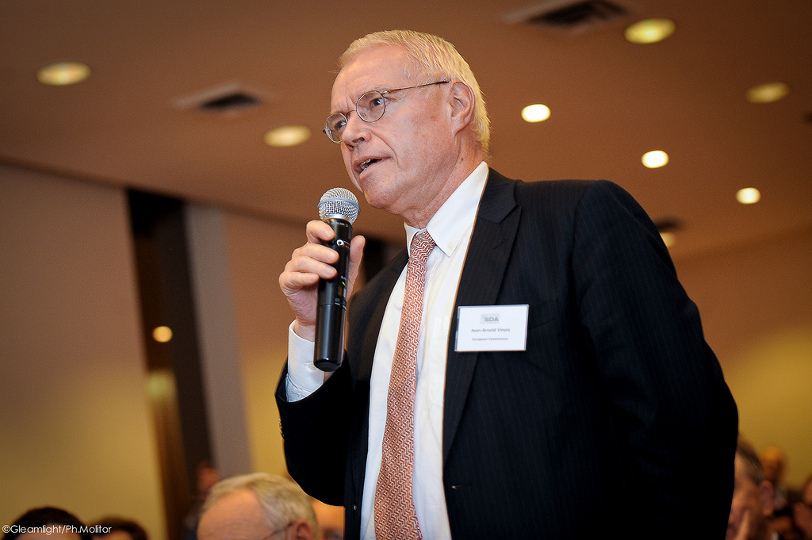
Jean Arnold Vinois
Jean-Arnold VINOIS is Adviser on European Energy Policy at the Jacques Delors Institute. Since 1st April 2013, Jean Arnold Vinois is also acting as Special Adviser to Günther H. Oettinger, the Commissioner responsible for energy.
Jean Arnold Vinois, with his extensive knowledge and background as the former director of the internal energy market in the EU Commission DG Energy, will focus on the needs and opportunities for EU member states to move towards low-carbon economy. „For all citizens, the energy transition to a low carbon economy means the reduction of the CO2 level as fast as possible in order to keep the increase of temperatures below 2° and even 1,5° (Paris agreement). This reduction should also have a major impact on the quality of air in Europe, reducing the number of deaths due to pollution (about half a million people per year in EU). Energy efficiency due to better ecodesign of products and to clear labelling plus all measures to improve energy performances of buildings (also mandated by EU legislation) should lead to a reduction of consumption of energy by all people.“
„Consumers are now in the center of the energy system with measures to enable them to better manage their consumption (demand side management measures which should be facilitated by smart meters or smart IT applications on smartphone etc…) with clearer price signals to know when and how to consume.“
Photo: Security and Defence Agenda/Creative Commons
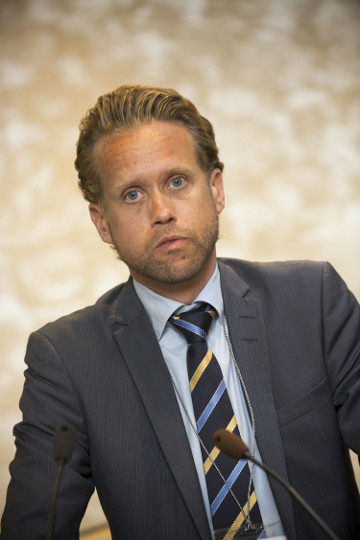
Mårten Westrup
Energy Policy Co-ordination team leader, DG Energy, European Commission
Mårten Westrup will speak about the status on the Energy Union process. What does good governance towards EU 2030 targets and beyond actually mean? The objectives of the Energy Union can only be achieved through a coherent set of policies and measures at EU and national level. With this aim, it is essential to put in place a robust governance of the Energy Union, based on national energy and climate plans for the 2021 to 2030 period and close monitoring of their implementation. Enhanced regional cooperation between Member States is important in this context; an area where the Nordic / Baltic region could lead by example. The European Commission tabled a legislative proposal on the Governance of the Energy Union on 30 November 2016, which is now being discussed with the Council of the EU and the European Parliament.
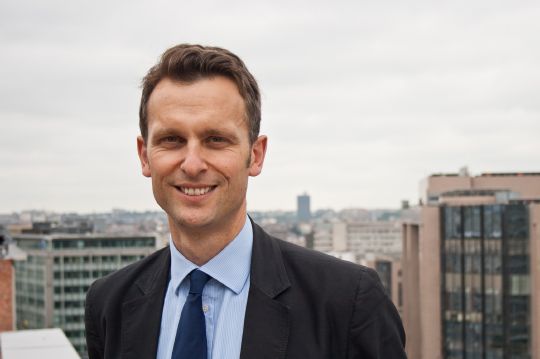
Knut Kroepelin
Senior Policy and Legal adviser, Energy Norway
Knut Kroepelin on his presentation: “The “Clean Energy Package” aims at an improved internal energy market to enable the ongoing energy transition in Europe. A main challenge to cost-effectively reach the EU 2030 targets on climate and energy security is the malfunctioning of the market and the lack of interconnectors. Today, no effective price signal based on scarcity pricing reaches the final customer due to a mix of market distortions such a fixed energy prices, fixed taxes and levies, static support systems and national market regulations. Without predictable subsidies, the energy market has increasingly “uninvestible” for private investors due a lack of normal market-dynamics. Can the proposals enable real, long-term green growth in Europe based on cost-effective and fair deployment of large volumes of intermittent renewable energy in Europe from 2020 to 2030? What is the relationship with the European Trading Scheme to integrate a price on CO2-emissions in the market?”

Daniel Becker
Managing Partner, Ecofys
Daniel Becker is an expert on international market conditions and support schemes for renewable energies and energy efficiency. From 2001-2005, he worked for the German Federal State Energy Agency as the manager of the German Federal Governments export promotion programme for renewable energies. Since 2006, Daniel Becker has been working for Ecofys Berlin where he is leading a team on international market analysis, business and policy advisory. He was involved in numerous international projects on renewable energy and energy efficeincy support mechanisms and international market conditions and promotional schemes for renewable energies and energy efficiency, same as on network approaches for strengthening international activities of renewable energy companies. He is currently, among others, doing consultancy work for the German Federal Government and the EU Commission on the design and evaluation of support mechanisms for renewable energy and energy efficiency.
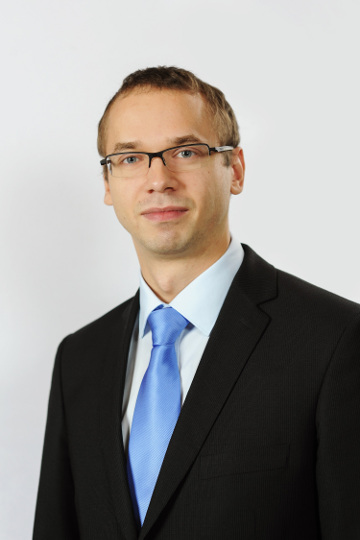
Dzintars Kaulins
Director, Renewable Energy and Energy Efficiency Department, Ministry of Economics, Latvia
Dzintars Kaulins´ presentation will focus on the progress of energy efficiency policy in Latvia and perspective of its development after 2020 within the framework of the EU legislation.

Dirk Hendricks
Senior Policy Adviser, European Renewable Energies Federation
Dirk Hendricks will elabourate on the Energy Union „winter package“ implications for the European renewable energy sector.
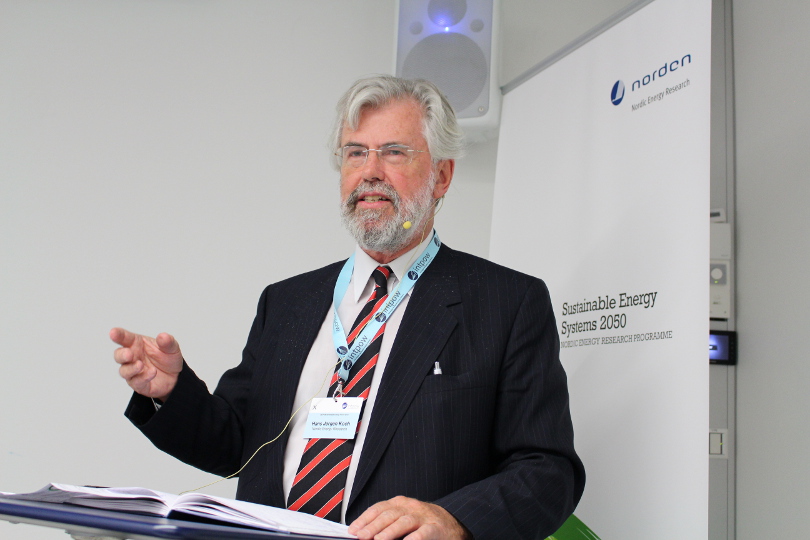
Hans Jorgen Koch
Director, Nordic Energy Research
Hans Jorgen Koch will break down the interaction between good governance and technology development given the Nordic past experiences and future aspirations. Tech can deliver many things but what makes an impact is how it will be disseminated and governed.

Signe Marie Enghave
Adviser, Centre for Energy Efficiency and Global co-operation, Danish Energy Agency
Denmark is one of the most energy efficient countries in Europe and the OECD. Signe Marie Enghave will shed light on the steps Denmark has taken and is taking to turn the efficiency obligation into business opportunity.
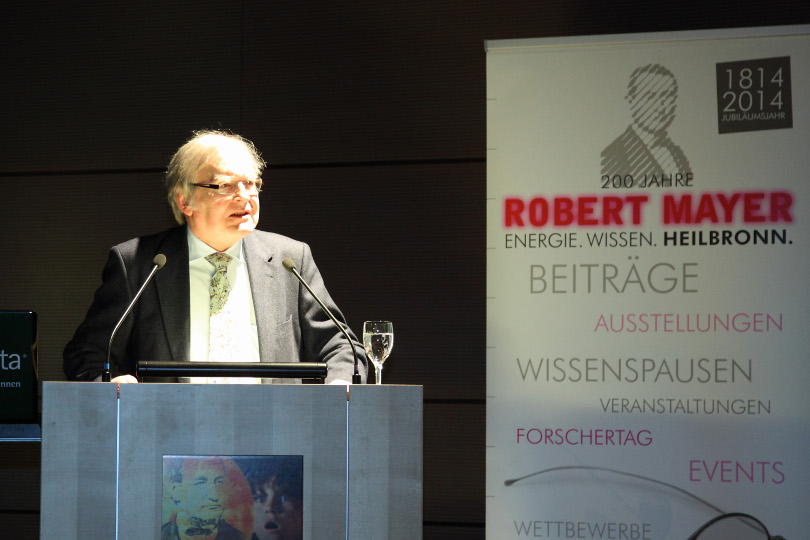
Clas Otto Wene
Wenergy AB, Sweden
Clas Otto Wene will give a presentation on learning curves and government deployment programmes challenge conventional economic wisdom. The lesson from the learning curve is that policies for a carbon-free future cannot rely on “lump-sum transfers” through carbon taxes and trading schemes but must, when necessary, use deployment programmes to intervene directly into technology markets. The legitimate point here is that the learning curve makes the production set non-convex. The costs for buying down the price are learning investments. Example of deployment programmes: from 1976 to 2013 cumulative global shipment of solar PV-modules increased from 300 kW to over 100 GW reducing price from 65 to less than 0.5 USD(2001)/Wp – a reduction of 20% for each doubling of cumulative shipments.
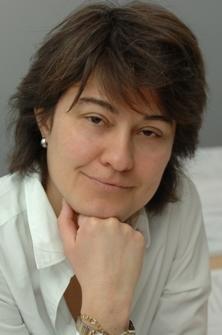
Claudia Canevari
Deputy Director of Energy Efficiency Unit, DG ENERGY
The Clean Energy for All Europeans package will help Europe stay ahead of the curve, will help Europe turn the Paris Agreement into concrete action and will make sure Europe’s energy system is fit for purpose. The key building blocks of the Energy Union are adopted in one package to ensure coherence.
The main building blocks of the package cover eight legislative proposals, including:
• Two proposals for energy efficiency;
• One for renewable energy;
• Four proposals for the design of the electricity market; and
• One regulation on the governance rules for the Energy Union.
As regards the energy efficiency target for 2030, the Commission is proposing a binding 30% energy efficiency target, up from the current target of at least 27%. A 30% target is the most cost-effective option compared with the current 27% target agreed in 2014
For buildings – a sector which accounts for 40% of Europe’s energy consumption – the Commission has proposed new rules mainly in order to speed up the renovation rate of existing ones.
The amendments will be accompanied by a new Smart finance for Smart Building initiative to promote investments, growth and jobs for energy efficiency and renewables in buildings.
The Smart Finance for Smart Buildings initiative, in close cooperation with the European Investment Bank (EIB) and the Member States, can unlock an additional €10 billion of public and private funds until 2020.
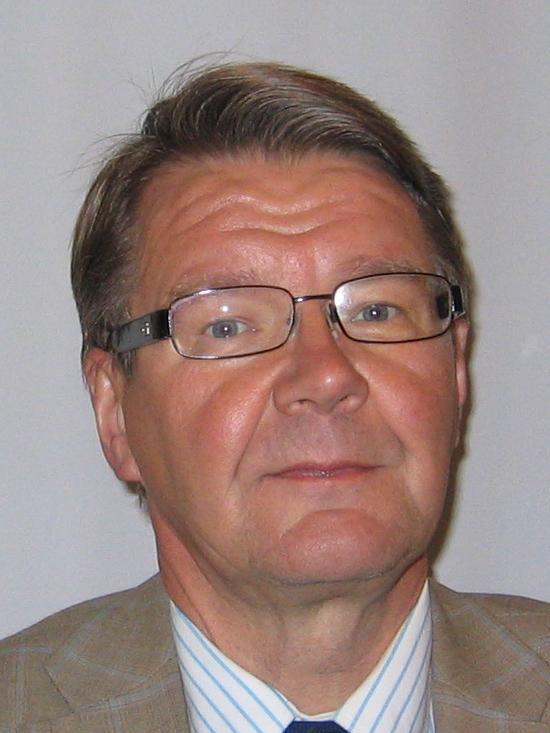
Pentti Puhakka
Chief Counsellor at the Ministry of Economic Affairs and the Employment, Finland
Moderation of energy demand is one of the five dimensions of the Energy Union Strategy adopted on 25 February 2015. Improving energy efficiency will benefit the environment, reduce greenhouse gas emissions, improve energy security by reducing dependence on energy imports from outside the Union, cut energy costs for households and companies. Updating Energy Efficiency Directive in a vice way will support member states´ efforts and goals to implement energy efficiency measures and tools.
Finland is one of those member states which count on energy efficiency as the best measure to achieve many of our common energy and climate targets. But we are at the same time very strict to take the cost efficiency on board as a first priority. Anyhow Finland and other Nordic EU member Countries will work together with the EP and the Commission, with our experience and market oriented approach to ensure at the same time an ambitious, fare and cost effective contents of proposal to update EED.
Samuel Thomas
Senior Programme Manager, International Energy Agency
The Nordic and Baltic countries occupy many of the top ranking positions on efficiency and renewables, but is there room for improvement? IEA analysis of indicators and policy progress compares that performance with other countries and places it in the context of longer term goals. The IEA’s future scenarios highlight the importance of energy efficiency in meeting climate goals. At the same time, efficiency can contribute to the security of our energy systems, the productivity of our businesses and the health and wellbeing of our citizens. So why is more efficiency not happening? What are the key challenges to overcome? And what emerging trends look to have promise?
